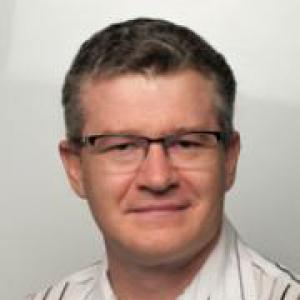The course use an online airline simulation (https://simulate.aero/) to help students learn about the logistics and operations of passenger transport modes. Students work as part of a team of four to six students to create and manage a virtual airline. They participate in a 'trial simulation' from weeks 2 to 5 to familiarise themselves with the online software.
The assessable part of the simulation commences in week 6 and concludes at the end of week 11. Each airline receives $300 million of start-up capital. In the simulation, one week of the semester represent six months (two quarters) of a financial year. At the end of each week, news items that may impact on the operation of the airlines is circulated to students.
Each team's performance is be assessed at three stages of the simulation. Before the simulation, each team presents a 5-6 minute video proposal for a new airline (15%). During the simulation, the team will prepare a 12-page Annual Report reflecting on the performance of their airline in its first year of operation (15%). At the conclusion of the simulation, the performance of each airline will be evaluated by teaching staff using a number of metrics produced by the simulation. Individual marks for these tasks are weighted based on a PAF peer evaluation of individual contribution to the team.



